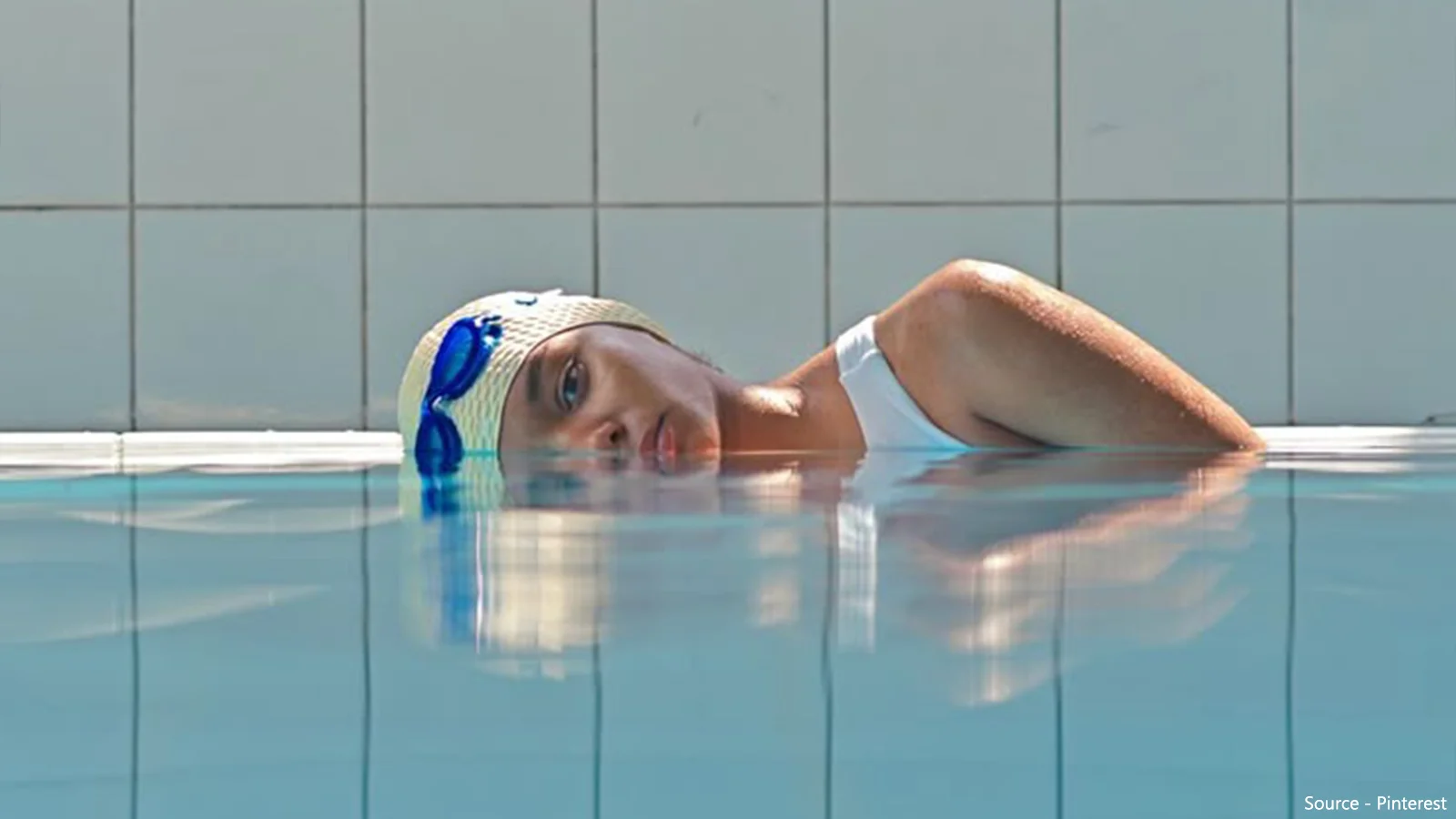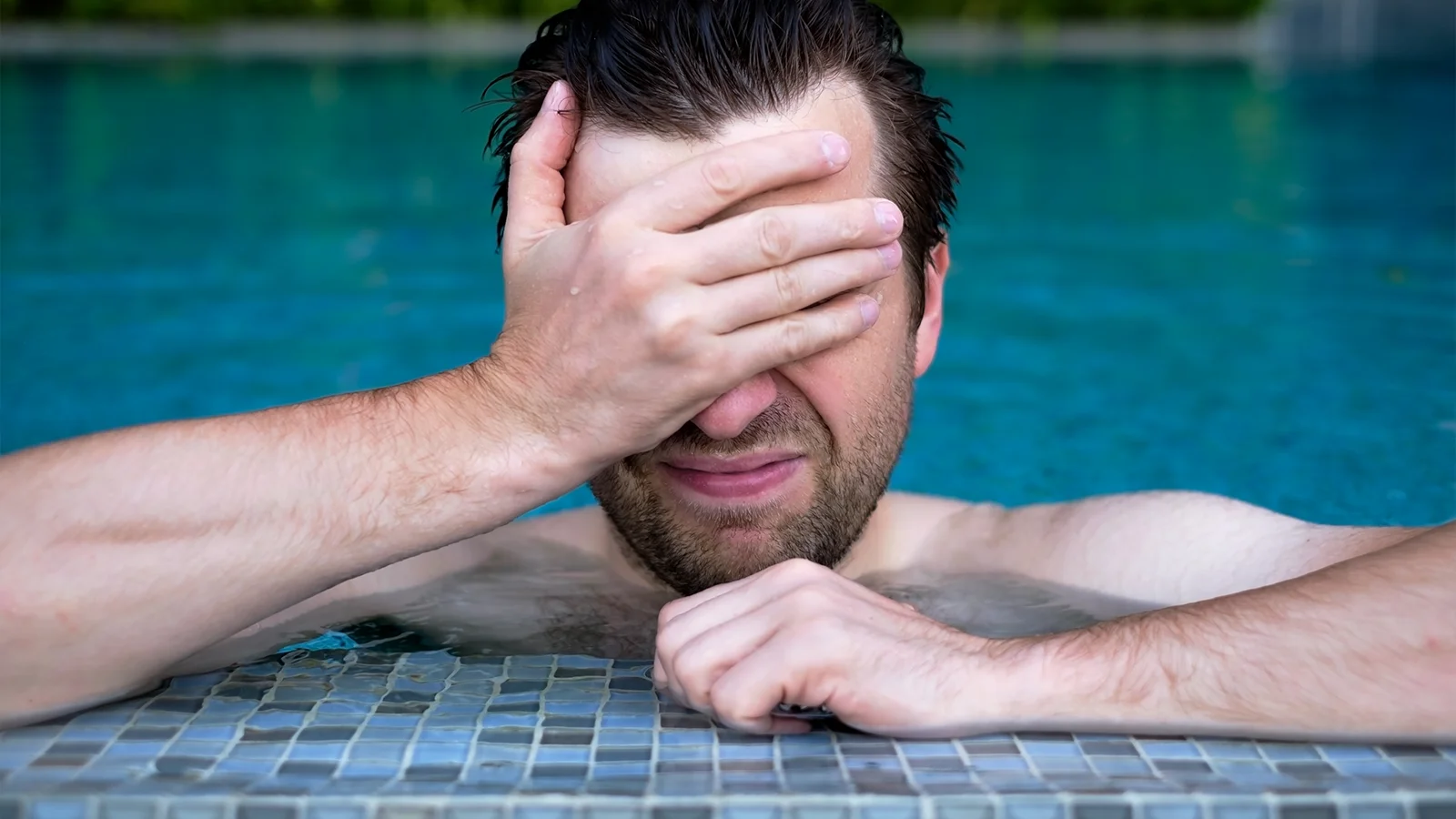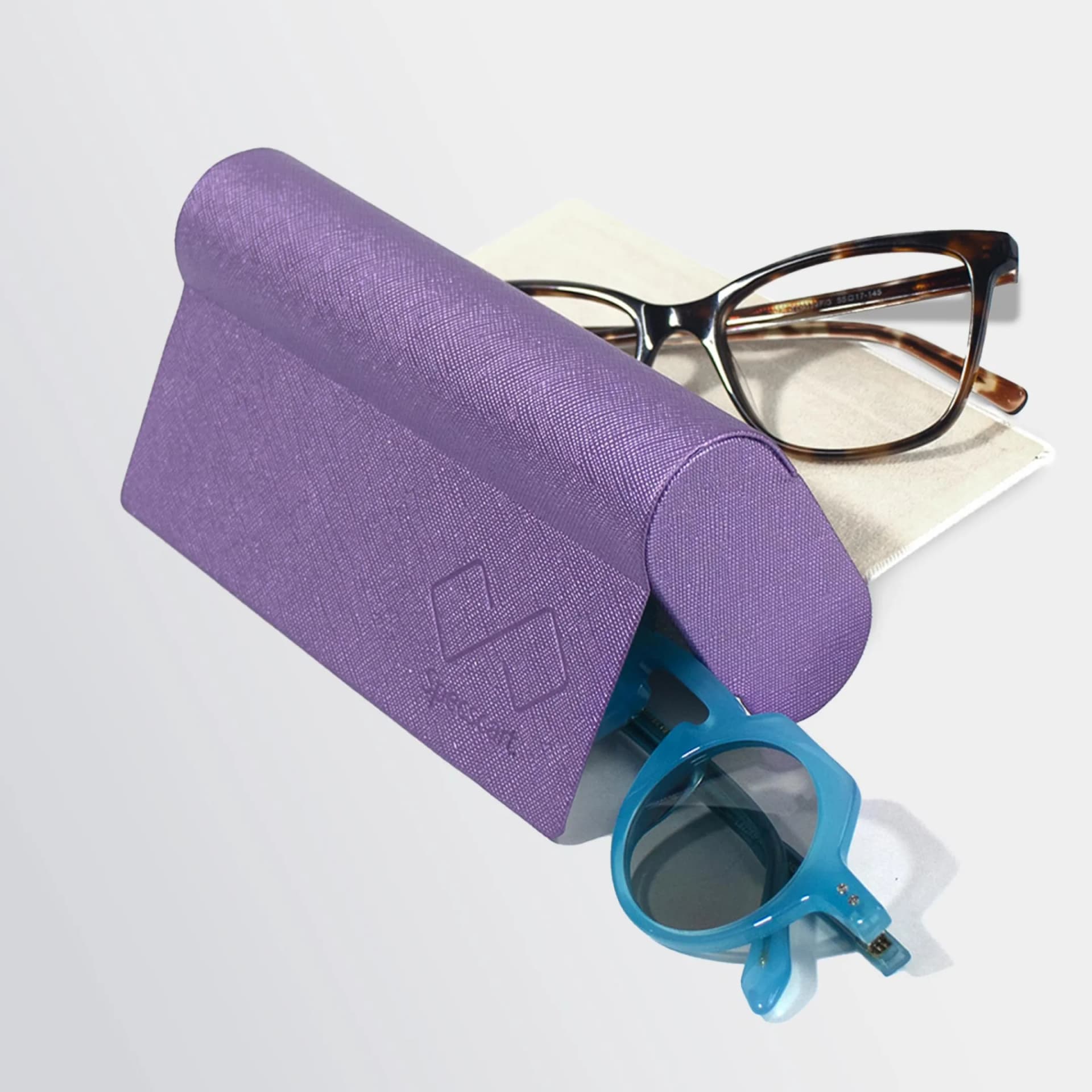How are Swimming Pools and Eye Health Interrelated to Each Other?

Content Manager
Most of us love to visit water parks during the summer to relieve ourselves from the scorching summer heat. From kids to adults, everybody enjoys the rush of water in the water parks and swimming pools. But pools are used by many people, which means hygiene practices should not be neglected. Especially if it concerns your eyes. In this blog, let’s get some basic knowledge about swimming pools and how they are related to our eye health!
Swimming is Not Just a Summer Splash

Commonly, chlorine and saline are used in swimming pools to kill harmful bacteria and viruses. A swimmer’s eye should be very sharp while swimming in the pool or the lake. Thus, before you dive into the pool, you should take proper precautions and protections.
People who swim regularly may experience skin reactions due to frequent exposure to pool chemicals, particularly chlorine. As the body's outermost layer, the skin is especially vulnerable and often shows signs of irritation or allergy. Common issues include rashes, redness, and chlorine burns. The eyes can also be affected, making sensitivity a common concern for avid swimmers.
Can Swimming Pool Water Damage Your Eyes?
Are you aware of the disease called swimmer’s eye? Well, it is a disease that often is a combination of tear film disruption (dry eyes) and chemical conjunctivitis (irritation) caused by poor swimming habits and chemicals present in the water. Chlorine has different side effects apart from killing the bacteria. Skin burns from pools are very common and are seen frequently among people.
Do You Know That Chlorine Can Cause Serious Damage to the Eyes?
If the right amount of chemicals is not mixed with water, it can cause eye irritation in the form of stinging, burning, dryness, and redness. The pH balance of the swimming pool is approximately 7.4, and if that exceeds, it may lead to various other problems. Some individuals may also have eyes that are particularly sensitive to chlorine. The main signs of chlorine burn in the eyes include:
Redness
Pain
Discharge, that is, something yellowish and mucus-like fluid
Vision Problems
Sensitivity to light
Swelling
Precautions to be Taken Before and After Swimming

What to do if chlorine gets inside the eyes? Well, it is very natural that in swimming pools, this chemical will always be a part of it.
Maintain the pH balance of the water that matches the eyes. If you own a swimming pool, frequently check the balance of the pool and the amount of chlorine and salt water so that it does not cause many after-effects.
It is very important to protect the tear film from the eyes. If not done properly, it can lead to dry-eye syndrome. Applying lubricating drops before and after swimming can give support to the tear film and will keep it safe and protected.
Many people think that swimming goggles are only for swimmers and not for people who swim just for fun. But wearing goggles is the best way to protect the tear film while swimming.
It is advised not to wear contact lenses in swimming pools as they attract bacteria and cause an eye infection. Instead, one can opt for prescription goggles for a better view of the pool while performing the activity.
Doctors often suggest not to opt for swimming after any eye surgery, like LASIK for a couple of weeks. This is because if chlorine enters the eyes, it can lead to various other infections and will lead to more damage to the eyes.
Do not forget to wash your eyes as soon as you come out of the pool, as it will help to remove the chlorine from your eyes.
Wrapping It Up
Swimming pools and eye health may not seem obviously connected at first, but as we've explored, the relationship is deeper than it appears. From chlorine’s irritating effects on the eyes to the risk of infections caused by improper pool hygiene, your favourite summer activity can have a significant impact on your vision. So the next time you dive in, remember: keeping your eyes safe is just as important as enjoying your time in the pool.
Caution: You may become style obsessed
Your way finder
2000+ Trendy Styles

Fashion Forward Sunnies




















































